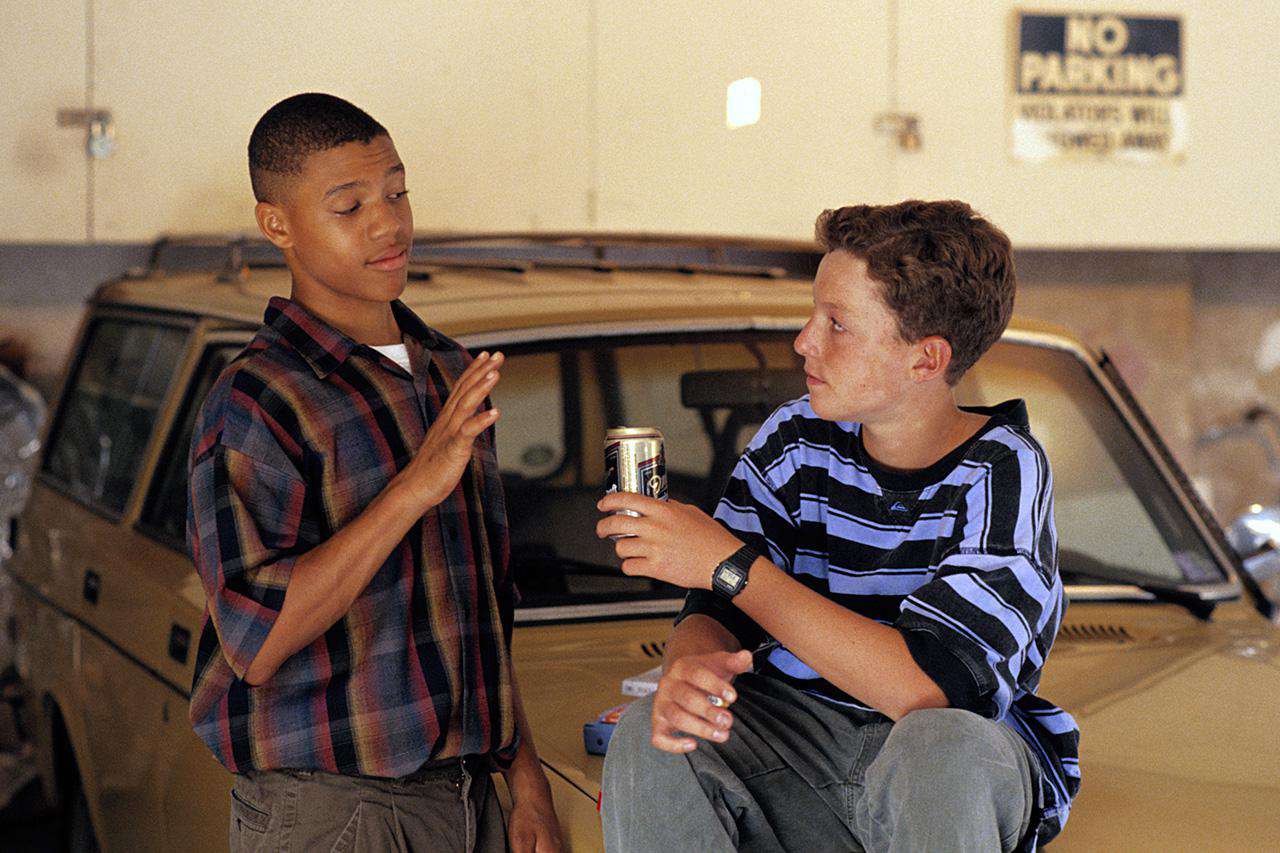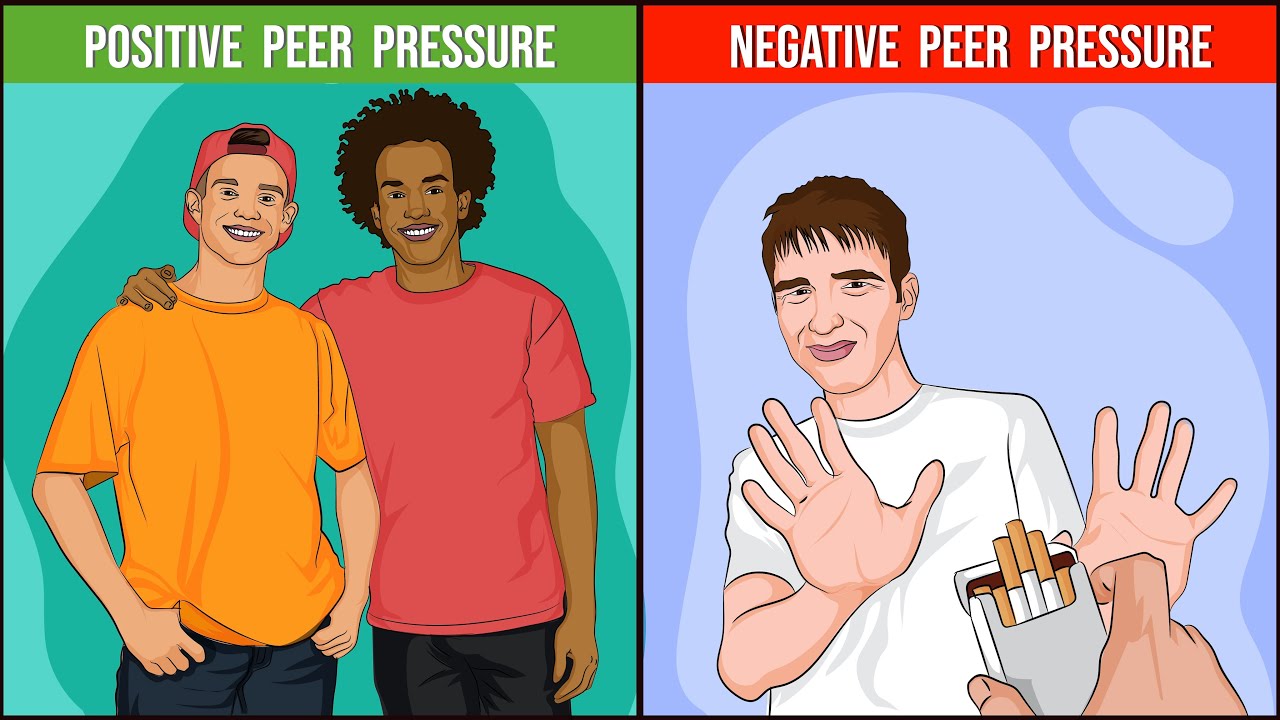Keepers at Home-Being Strong and Not Succumbing to Peer Pressure

Acts 5:29 Then Peter and the other apostles answered and said, We ought to obey God rather than men.
Proverbs 1:10 My son, if sinners entice thee, consent thou not.
Exodus 23:2 Thou shalt not follow a multitude to do evil; neither shalt thou speak in a cause to decline after many to wrest judgment:
Proverbs 4:14-15 Enter not into the path of the wicked, and go not in the way of evil men.15 Avoid it, pass not by it, turn from it, and pass away.
What is Peer Pressure?
Peer Pressure a feeling that one must do the same things as other people of one's age and social group in order to be liked or respected by them Peers can be positive and supportive. They can help each other develop new skills, or stimulate interest in books, music or extracurricular activities. However, peers can also have a negative influence. They can encourage each other to skip classes, steal, cheat, use drugs or alcohol, share inappropriate material online, or become involve in other risky behaviors. The majority of teens with substance abuse problems began using drugs or alcohol as a result of peer pressure. This pressure can happen in person or on social media. Kids often give in to peer pressure because they want to fit in. They want to be liked and they worry that they may be left out or made fun of if they don't go along with the group.
The following are tips about peer pressure to share with your kids:
- Stay away from peers who pressure you to do things that are or seem wrong and or dangerous. Some quick examples are having sex, doing drugs and smoking, drinking alcohol, abortions, following bad company, being disobedient to The Most High's words and parents. Knowing the laws will be pivotal to filter out what can and cannot be done.
- Learn how to say "no," and practice how to avoid or get out of situations which feel unsafe or uncomfortable.
- Spend time with other kids who resist peer pressure. It helps to have at least one friend who is also willing to say "no."
- If you have problems with peer pressure, talk to a grown up you trust, like a parent, teacher, or school counselor.
Parents can also help by recognizing when their child is having a problem with peer pressure. The following are tips for parents to help your child deal with peer pressure:
1. Encourage open and honest communication. Let kids know they can come to you if they're feeling pressure to do things that are or seem wrong and or risky.
2. Teach your child to be assertive and to resist getting involved in dangerous or inappropriate situations or activities.
3. Get to know your child's friends. If issues or problems arise, share your concerns with their parents.
4. Get to know how your child interacts with friends and others online. Communicate openly about safe internet and social media use.
5. Help your child develop self-confidence. Kids who feel good about themselves are less vulnerable to peer pressure.
6. Develop backup plans to help kids get out of uncomfortable or dangerous situations. For example, let them know you'll always come get them, no questions asked, if they feel worried or unsafe.
7. If your child has ongoing difficulties with peer pressure, there is need to build their self confidence and self worth.



